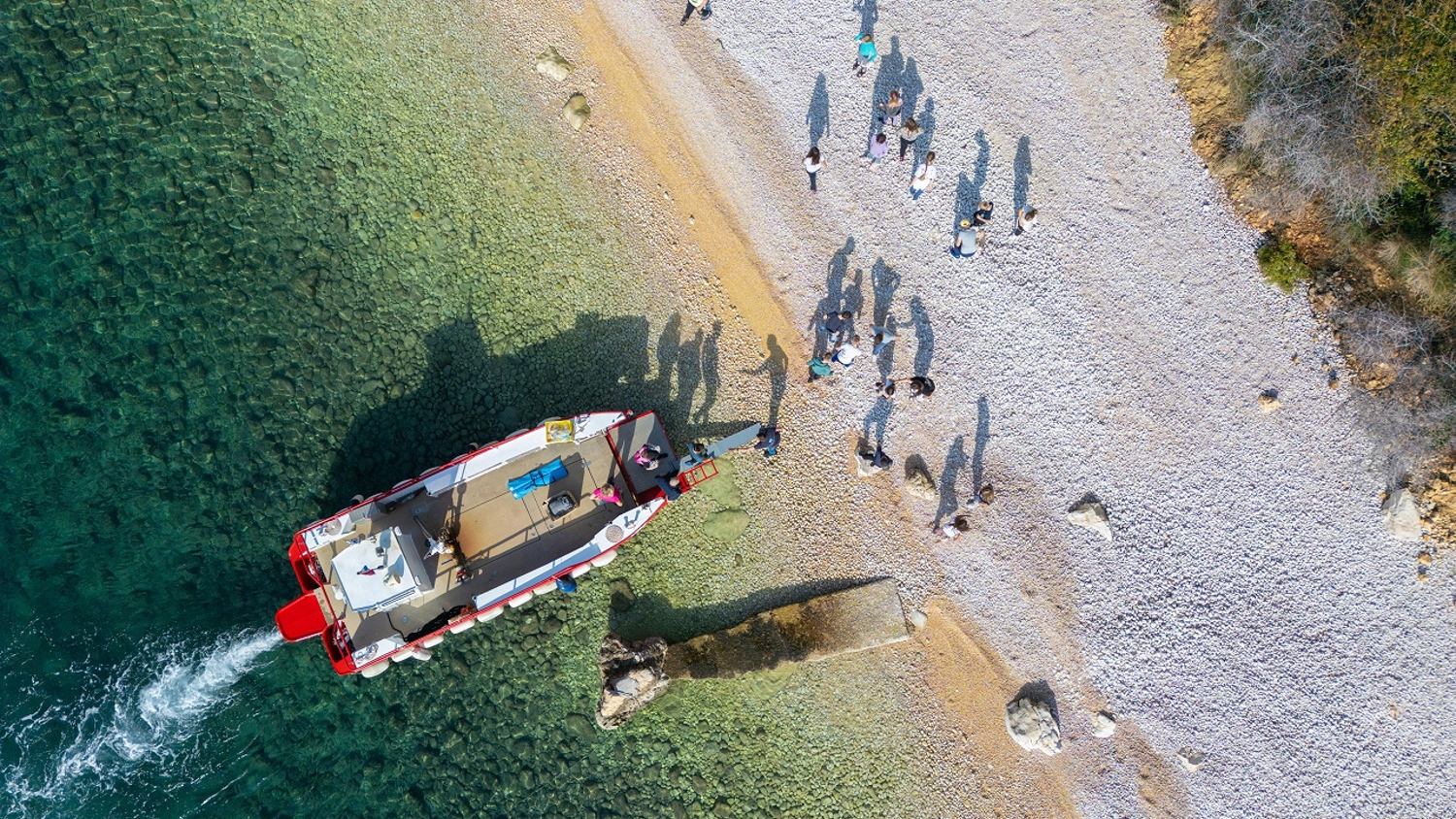
From waste to worth: Interreg powers Europe’s circular transition
Across Europe, regions are turning this mindset into real action, rethinking how we produce, consume and discard. And they’re doing it together, through European cooperation.
But let’s take a step back!
Have you ever wondered where your clothes go after you throw them out? Or what happens to the plastic washed up on your local beach? Or how food waste from your dinner could actually fuel tomorrow’s innovation?
These aren’t distant issues, they’re right here, part of our daily lives. And they're being tackled by projects that are redesigning systems to stop waste before it starts.
In the Atlantic Area, for example, AQUAFISH0.0 (Interreg Atlantic Area) is challenging the seafood industry to go zero waste. What if fish bones and skins weren’t discarded, but turned into valuable food products? That’s exactly what this project is doing, cutting waste and adding value in ways that most of us never imagined.
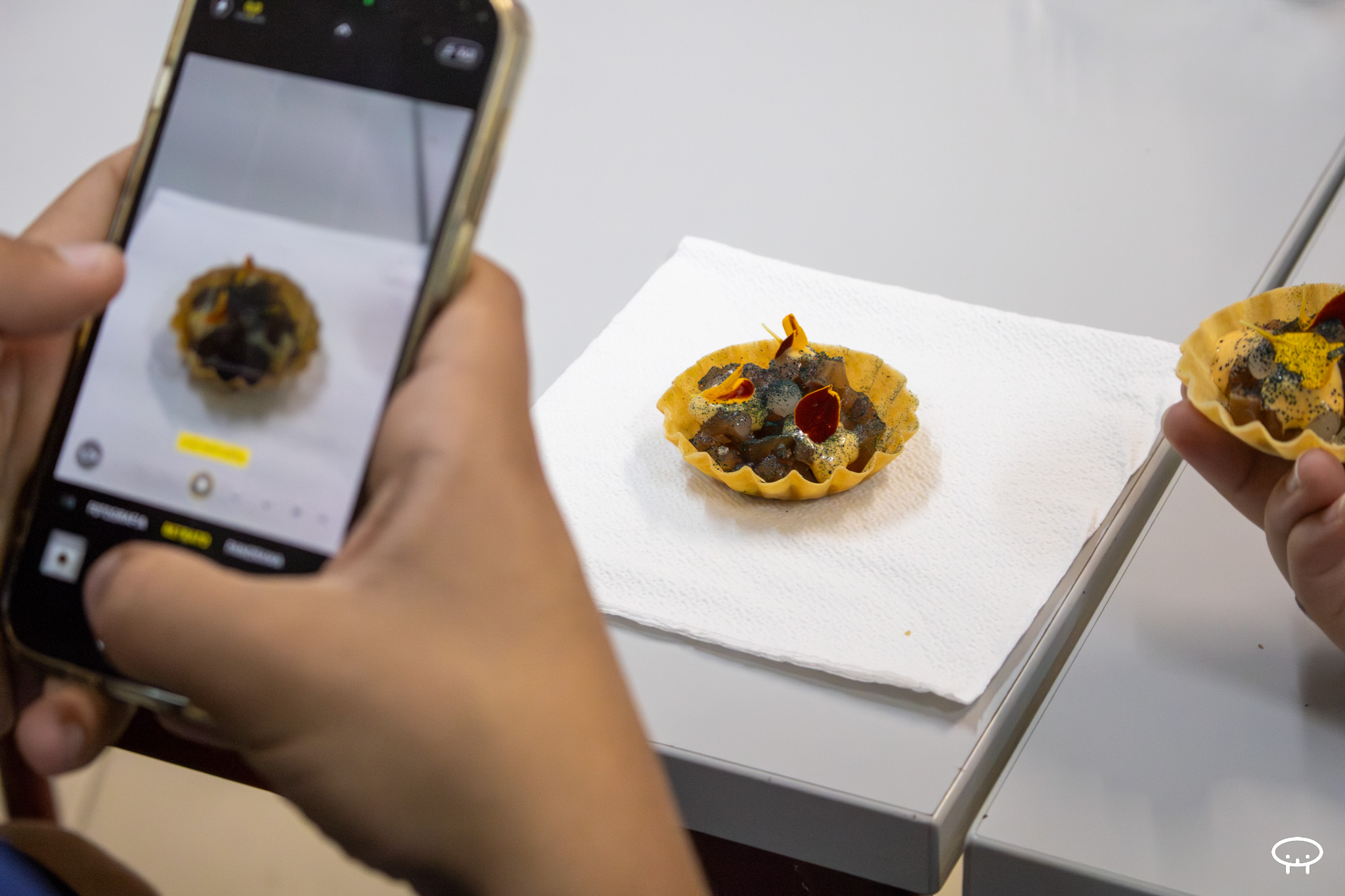
AQUAFISH0.0, Interreg Atlantic Area
In the South Baltic, COP -Circular Ocean-bound Plastic- (Interreg South Baltic) asks a different question: Can plastic waste collected along the coast be transformed into new products before it ever reaches the sea? With help from local businesses and communities, the answer is yes.
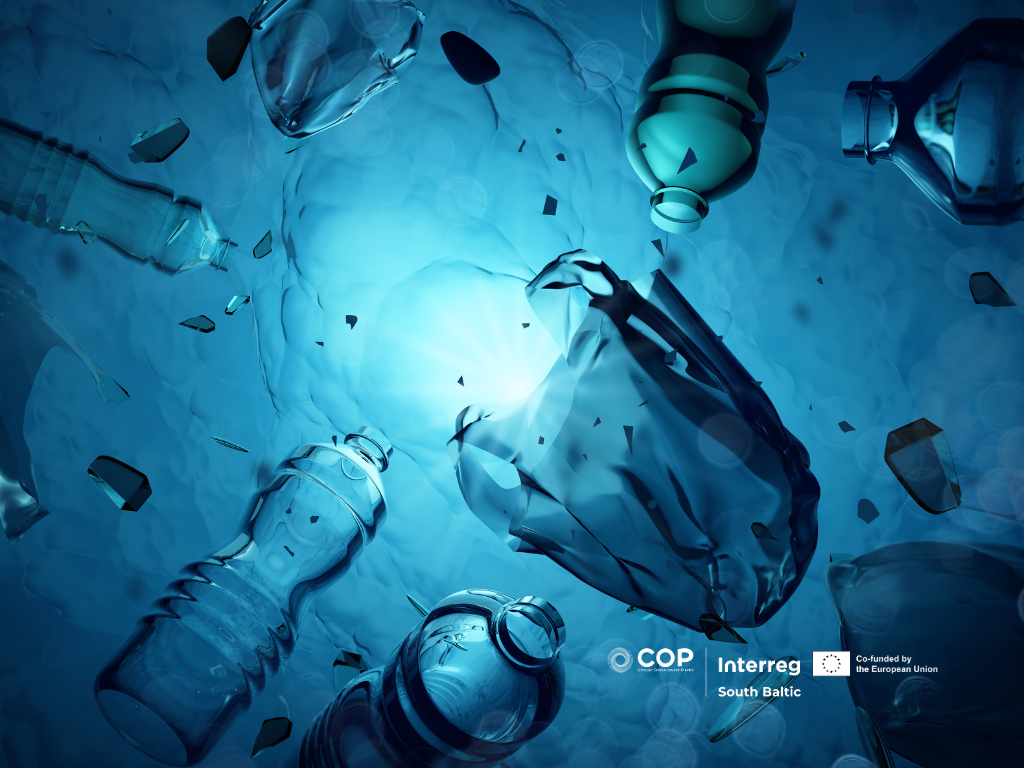
COP, Interreg South Baltic
And what about fashion, an industry known for being anything but sustainable? In southern Europe, FASHION FORWARD (Interreg SUDOE) is helping designers, producers and even schools shift to circular models. It’s not just about better fabrics, it’s about rethinking the entire chain, from design to disposal.
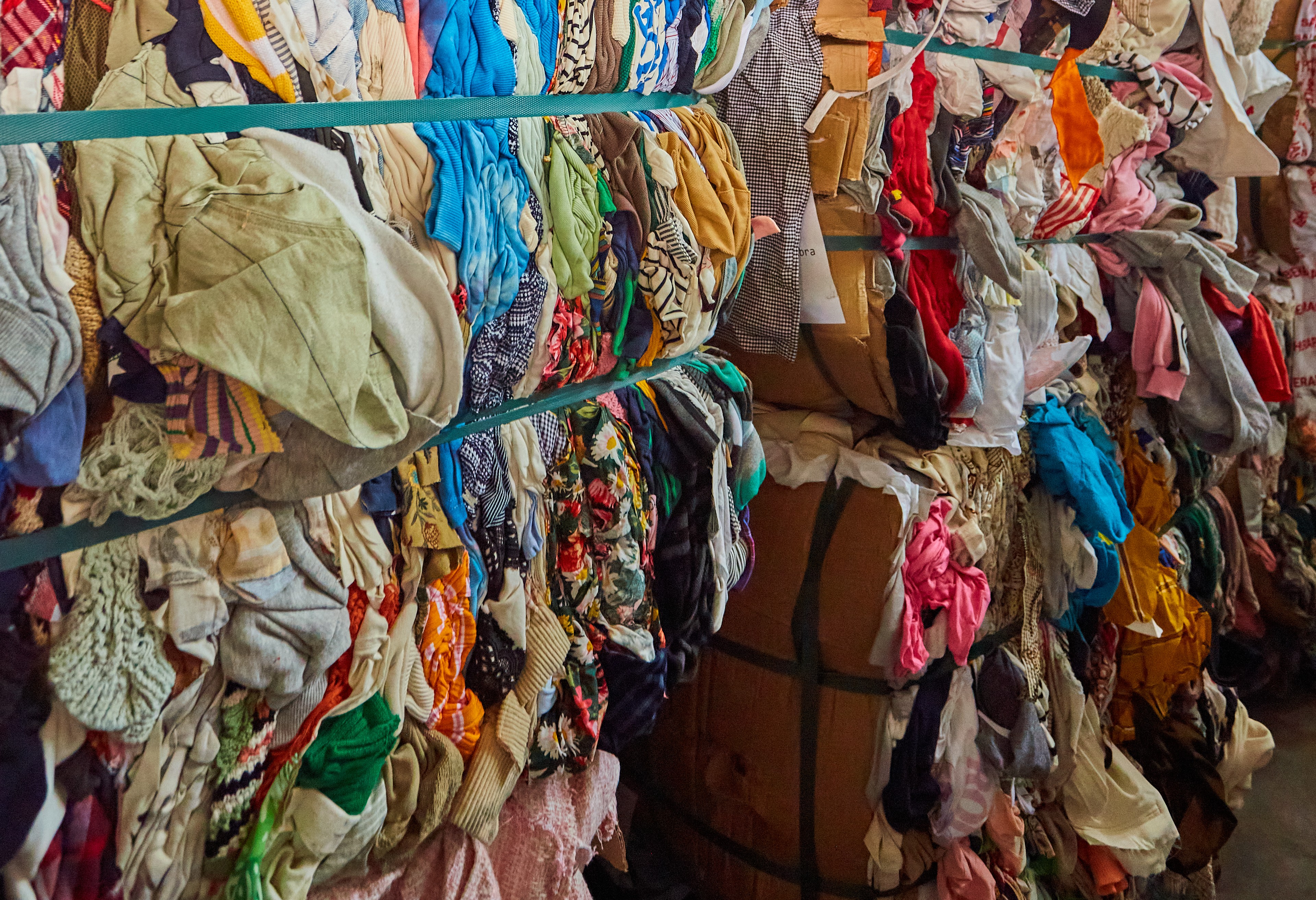
FASHION FORWARD Project, Interreg SUDOE
These stories matter because they show that circularity is not just technical. It’s cultural. It’s systemic. And it involves all of us.
In the Adriatic-Ionian region, JOINABLE (Interreg IPA Adriatic–Ionian) brings together Croatia, Greece, and Albania to fight plastic pollution not just with policies, but by changing habits, through apps, campaigns, and collaboration across borders. Because real change doesn’t happen in isolation.
Still think circularity is only about waste? Think again!
TransFarm (Interreg Central Baltic) in Latvia and Finland is growing fish and vegetables together in a system that feeds itself (no chemicals, no transport emissions, no off-season). It’s farming reimagined. Local. Resilient. Circular.
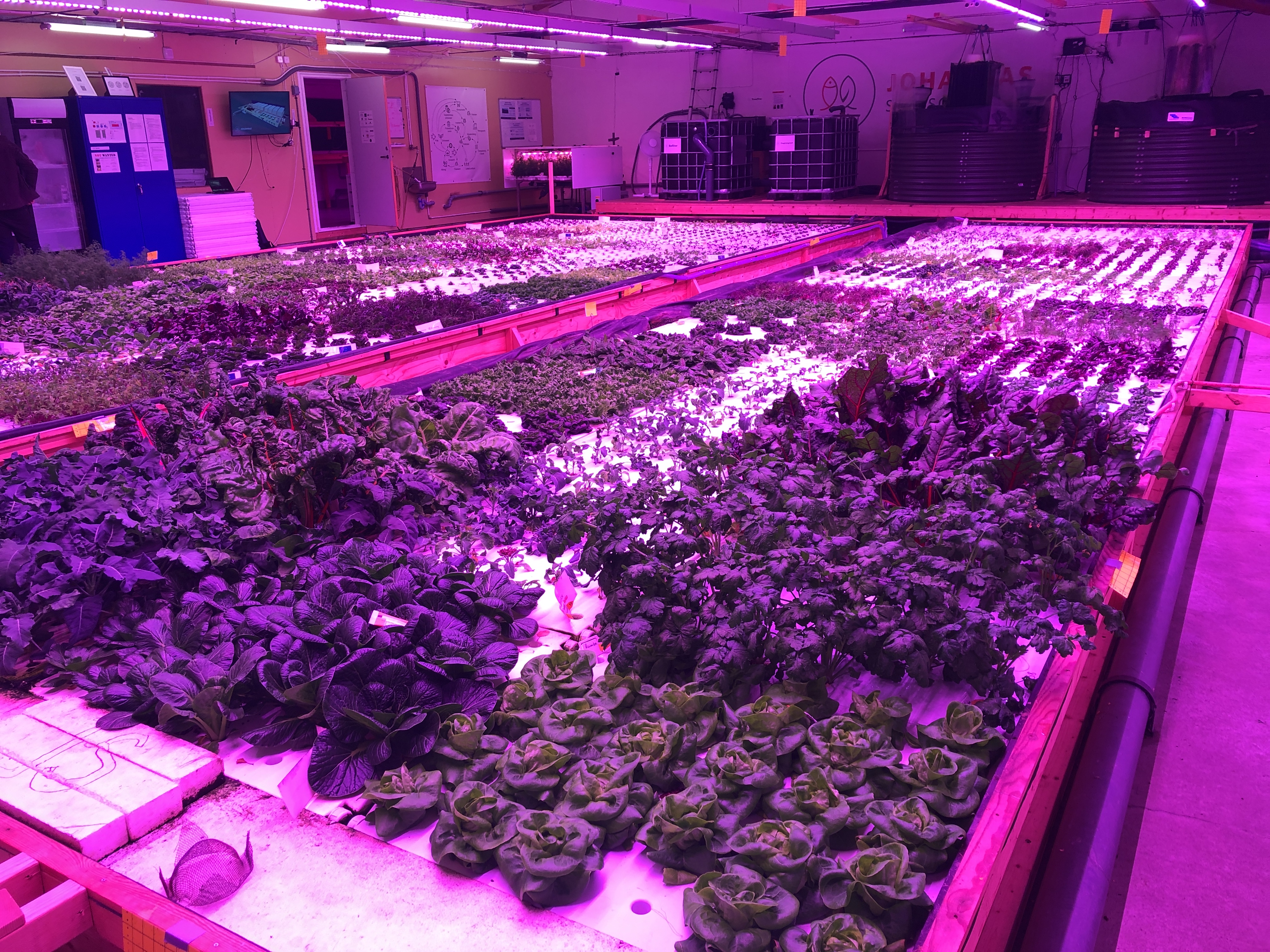
TransFarm, Interreg Central Baltic
And what about tech? CIRCOTRONIC (Central Europe) is taking on electronic waste by redesigning the entire system, from how devices are made to how they’re reused and recycled. It’s not just greener, it’s smarter!
All of these initiatives have something in common: they’re not waiting for someone else to act. They’re building the future now. Together.
Because circularity isn’t a side project. It’s a shift in how we think, plan, and work. And it starts with one question: What if we designed things to never become waste in the first place?
That’s the spirit of Interreg. From open innovation in Open Circular (Italy–France Maritime), to coaching tools in Inno.Circle (Italy–Austria), these projects are about more than fixing problems. They’re about building systems that don’t create them.
So as the EU Green Week shines a spotlight on circularity, the message is clear: recycling is not enough. It’s time to rethink. And the good news? Across Europe, the transition is already underway, and you’re part of it!
